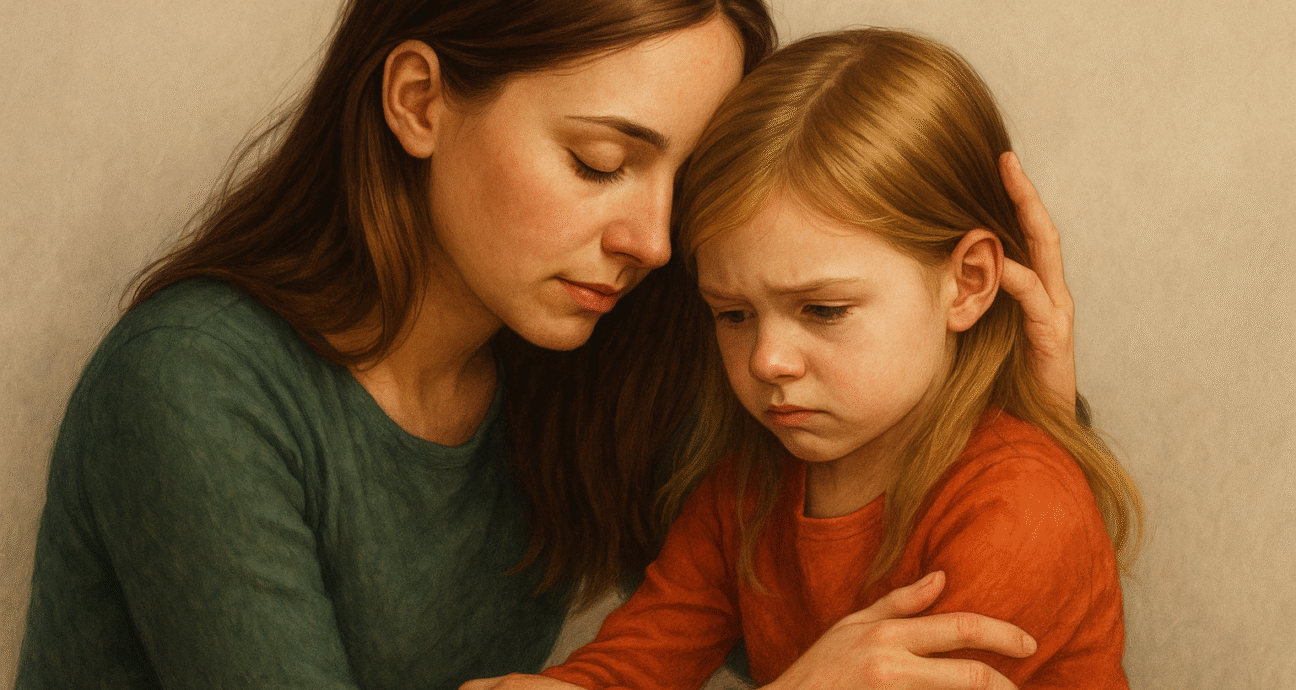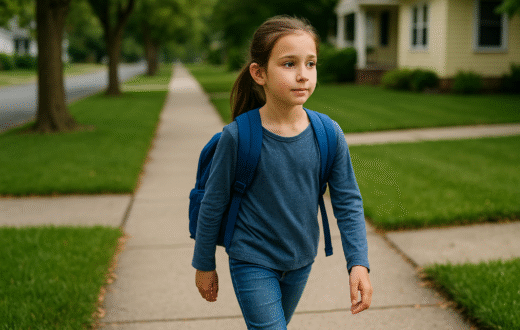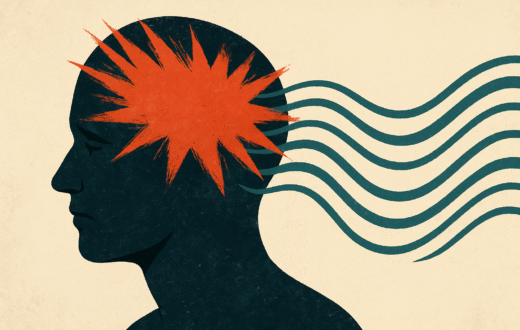What a New Study Reveals About Preschool Depression Treatment

Depression can appear in children as young as three, and if left untreated, it can raise the risk of more serious mental health disorders in adolescence and adulthood.
A groundbreaking therapy called Parent-Child Interaction Therapy—Emotion Development (PCIT-ED), designed by Joan Luby and colleagues, has shown promising results for preschoolers diagnosed with major depressive disorder. A recent follow-up study examined whether improvements after this therapy remained stable years later.
Study Design
PCIT-ED builds on the traditional PCIT model (originally used for externalizing problems like ADHD, ODD, and conduct disorder) and consists of 20 sessions delivered across 18 weeks. The therapy includes three modules:
- Child-directed interaction – strengthening warmth and the parent-child relationship.
- Parent-directed interaction – supporting consistent and appropriate discipline.
- Emotion development – teaching parents and children how to identify and regulate emotions.
In the original study, 229 children aged 3–7 years were split into a therapy group and a waitlist group. At the end of 18 weeks, over 75% of treated children no longer met criteria for depression, compared with only 25% of those on the waitlist.
Four-Year Follow-Up
Out of the original group, 105 children (aged 8–12 at follow-up) completed at least 15 sessions and later assessments. Key findings included:
- 67.7% achieved remission after therapy, with 57.1% still in remission four years later.
- Children with the strongest initial response showed the best long-term outcomes.
- Those with comorbid externalizing disorders, especially ODD, had lower remission rates.
- Long-term remission was linked with less need for medication and fewer intensive treatments.
Implications
The study highlights that early therapy can provide lasting benefits, though the absence of a non-treated control group limits conclusions. Still, the evidence suggests that detecting and addressing depression in preschool years may prevent more serious psychiatric problems later in life.





